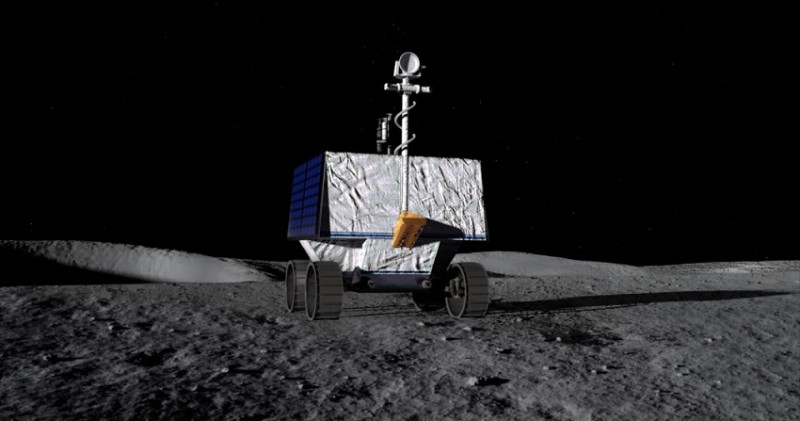
Washington: NASA announced on Wednesday the cancellation of its Moon rover project after spending $450 million on its development. The decision marks a significant setback for the agency's lunar exploration efforts.
The Volatiles Investigating Polar Exploration Rover (VIPER) was designed to explore the lunar south pole, searching for ice and other resources to support future crewed missions under the Artemis program.
"Decisions like this are never easy," said Nicky Fox, NASA's associate administrator for the science mission directorate. "But the projected costs for VIPER would have forced us to cancel or disrupt many other missions."
The rover was intended to explore permanently shadowed lunar craters, believed to contain ancient ice reserves. Originally slated for a 2023 launch, NASA delayed the launch to late 2024 to allow for additional preflight testing of the Griffin lander, developed by Astrobotic under the Commercial Lunar Payload Services (CLPS) program.
The launch was further postponed to September 2025, with costs projected to rise to $609.6 million. Joel Kearns, deputy associate administrator for exploration in NASA's science mission directorate, confirmed that Congress was notified of the cancellation.
Though the rover was fully assembled, it had not yet undergone essential tests to ensure its readiness for launch and space travel, Kearns explained. However, there remains a possibility that the rover, or its components, could be used in future missions if agreements with industry partners are reached.
Astrobotic, which experienced a setback in January when its Peregrine lander failed to reach the Moon, is still scheduled for a late 2025 launch. Instead of the VIPER rover, it will carry a "mass simulator" or heavy weight.
Despite this setback, Kearns emphasized that the United States is not falling behind in the space race with China, which recently returned the first-ever samples from the far side of the Moon. "We congratulate China's national space agency for the successful Chang'e-6 mission," he said. He also highlighted the benefits of the CLPS program, asserting that it would lead to a more robust science program and lunar landing capabilities in the U.S.
Latest Updates:
From Mars to Moon: India's Historic Achievements and Future Plans Praised by Former NASA Astronaut
Former NASA Astronaut Steve Lee Smith Praises India's Remarkable Lunar Mission
NASA Enhances Planetary Defense with Detailed Asteroid Images